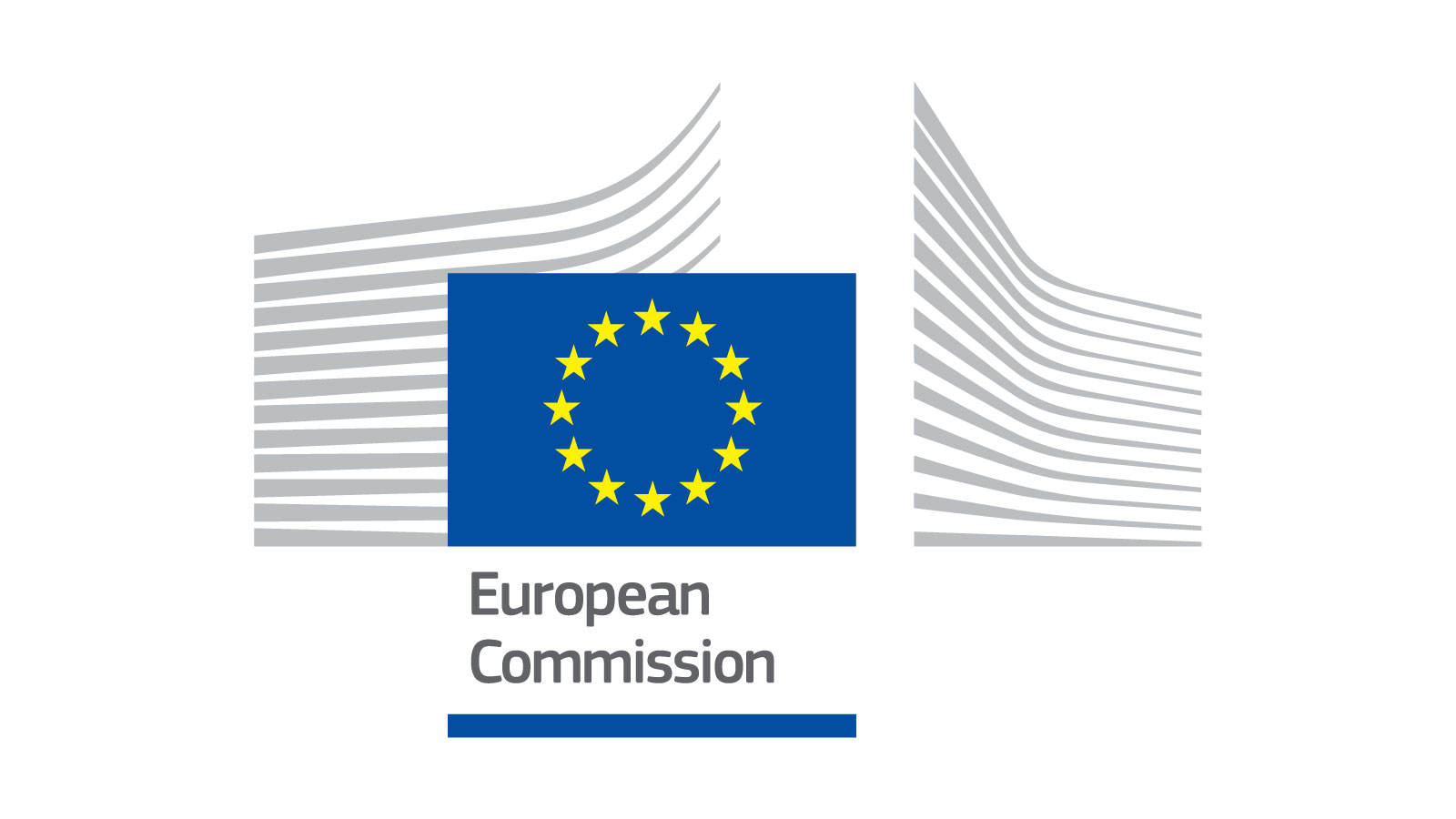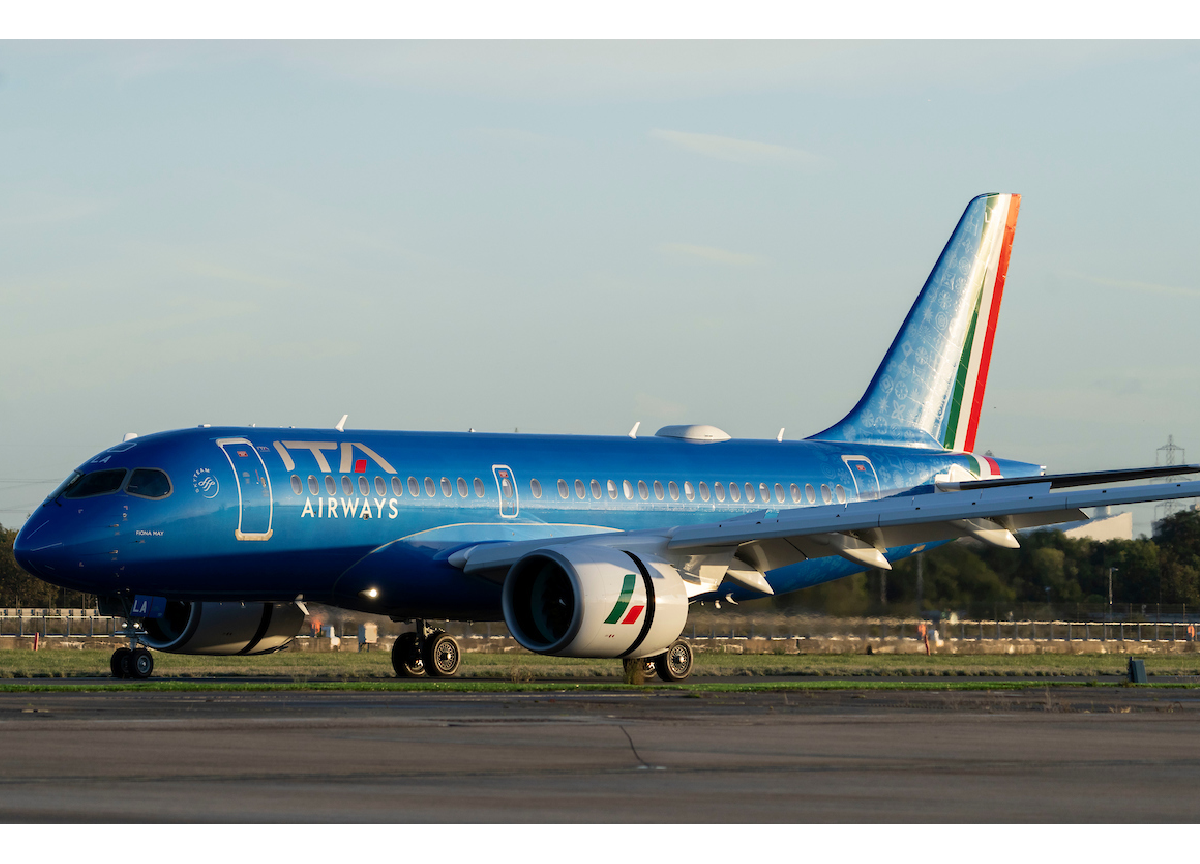Commission approves the acquisition of Asiana by Korean Air, subject to conditions
The European Commission has approved, under the EU Merger Regulation, the proposed acquisition of Asiana Airlines Inc. ('Asiana') by Korean Air Lines Co., Ltd ('Korean Air'). The approval is conditional upon full compliance with the remedies offered by Korean Air.
Today's decision follows an
in-depth investigation of the proposed acquisition.
Korean Air is South Korea's largest airline offering international air passenger and cargo services.
Asiana, the second largest airline in South Korea, provides similar services. Both airlines have a significant presence in the European Economic Area (‘EEA').
The Commission's investigation
During its in-depth investigation, the Commission gathered extensive information and received feedback from market participants and other stakeholders.
Following its market investigation, the Commission had concerns that the transaction, as initially notified, would harm competition in the markets for:
- Air cargo transport services between Europe and South Korea, and
- Passenger air transport services on routes between Seoul and certain European destinations, specifically Barcelona, Paris, Frankfurt, and Rome.
The Commission found that Korean Air and Asiana compete head-to-head in carrying cargo and passengers between the EEA and South Korea. Together, they would have been by far the largest carrier on these routes removing an important alternative for customers. Other competitors face regulatory and other barriers to expand their services and would have been unlikely to exert sufficient competitive pressure on the merged company. This would likely have led to increased prices or decreased quality for passengers and cargo customers.
The proposed remedies
To address the Commission's competition concerns, Korean Air offered the following remedies:
- Cargo commitments: Korean Air will divest Asiana's global cargo freighter business. The divestment includes freighter aircraft, slots, traffic rights, flight crew, and other employees, as well as customer cargo contracts, among others. Korean Air can only implement the acquisition of Asiana following the Commission's approval of a suitable buyer for the cargo divestment. Among other requirements, the buyer must be able and have the incentives to operate the divested business in a viable manner and to compete effectively with the merged company.
- Passenger commitments: Korean Air will make available to rival airline T'Way the necessary assets to enable it to start flight operations on the four overlap routes. The assets include slots and traffic rights as well as access to the required aircraft. T'Way is a South Korean airline with a hub in Seoul from where it operates a network of routes in East Asia and beyond. Korean Air has committed not to complete the merger until T'Way has started operating on the four overlap routes.
These commitments fully address the competition concerns identified by the Commission. After collecting the feedback of customers and competitors during a market test of the proposed commitments, the Commission concluded that the commitments preserve effective competition in cargo and passenger transport between South Korea and the EEA.
The Commission therefore concluded that the transaction, as modified by the commitments, would no longer raise competition concerns. The decision is conditional upon full compliance with these commitments.
Under supervision of the Commission, an independent trustee will monitor their implementation.
Companies and products
Korean Air, headquartered in South Korea, is a full-service carrier with domestic and international operations in passenger and cargo air transport. It operates a hub-and-spoke network with its principal hub at Incheon airport in Seoul. Korean Air is a member of the SkyTeam alliance.
Asiana, headquartered in South Korea, is a full-service carrier with domestic and international operations in passenger and cargo air transport. It has its principal hub at Incheon airport in Seoul. Asiana is a member of the Star Alliance.
Merger control rules and procedure
The transaction was notified to the European Commission on
13 January 2023 and the Commission opened an in-depth investigation on
17 February 2023. On
17 May 2023, the Commission issued a Statement of Objections to Korean Air setting out its preliminary competition concerns.
The Commission has the duty to assess mergers and acquisitions involving companies with a turnover above certain thresholds (see Article 1 of the
Merger Regulation) and to prevent concentrations that would significantly impede effective competition in the European Economic Area or any substantial part of it.
The vast majority of notified mergers do not pose competition problems and are cleared after a routine review. From the moment a transaction is notified, the Commission generally has 25 working days to decide whether to grant approval (Phase I) or to start an in-depth investigation (Phase II).
There are currently three ongoing Phase II merger investigations: (i)
the proposed creation of a joint venture between Orange and MasMovil; (ii)
the proposed acquisition of ITA Airways by Lufthansa; and (iii)
the proposed acquisition of Air Europa by IAG.
For more information
More information will be available on the Commission's
competition website, in the Commission's
public case register under case number
M.10149.
Quote(s)
Margrethe Vestager, Executive Vice-President in charge of competition policy
The European Commission has approved, under the EU Merger Regulation, the proposed acquisition of Asiana Airlines Inc. ('Asiana') by Korean Air Lines Co., Ltd ('Korean Air'). The approval is conditional upon full compliance with the remedies offered by Korean Air.

ec.europa.eu



